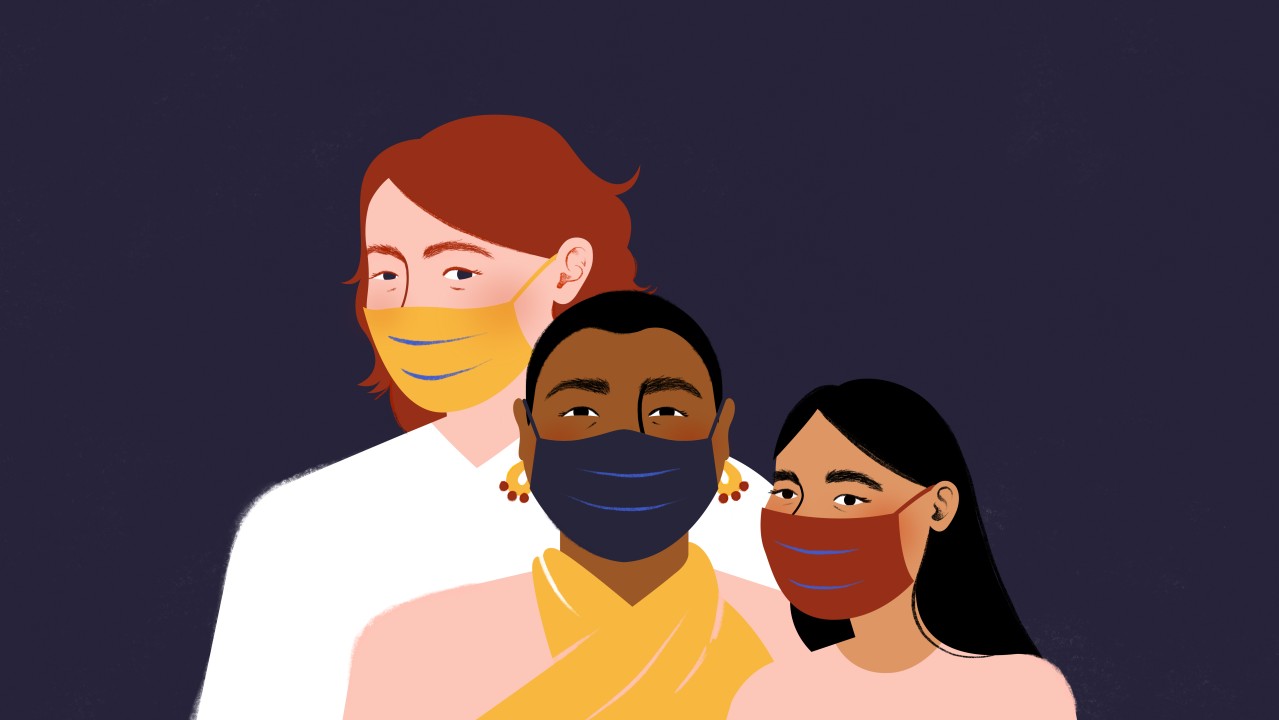
Equality can’t wait—especially in a pandemic
Today in Foreign Affairs, I made the case that an effective response to COVID-19 must consider the needs of women and girls. Equality can’t wait—especially when it will help us end this pandemic and build a more resilient future.
Below is a short preview of the piece. I hope you take a moment to read it and share in the comments what kind of world you want for women and girls on the other side of this crisis.
— Melinda
It began as a mysterious disease, a novel coronavirus soon designated SARS-CoV-2. As countries shut down their economies to slow its spread, it became a global recession as well. Then, in April, the United Nations warned of another dimension to the emergency—a “shadow pandemic” of violence against women raging behind closed doors.
History teaches that disease outbreaks—from AIDS to Zika to Ebola—play out with a certain grim predictability. As they infect societies, they expose and exploit existing forces of marginalization, seeking out fault lines of gender, race, caste, and class. It is no coincidence, for example, that in the United States, Black Americans are dying at disproportionate rates. Nor that, although more men are dying of COVID-19, the broader impacts of this crisis threaten to disproportionately affect women’s lives and livelihoods.
Every day brings new examples of the ways in which women are being left behind by the world’s response to the pandemic. There are women in labor being turned away from overburdened hospitals; domestic workers whose lost income won’t be replaced by stimulus funding; adolescent girls who cannot continue their education online because their communities frown at the sight of a phone in the hands of a woman.
Every day brings new examples of the ways in which women are being left behind by the world’s response to the pandemic.
“Gender blind is not gender neutral” is a refrain among advocates for women and girls. In this crucial moment, it must also be a call to action. If policymakers ignore the ways that the disease and its impacts are affecting men and women differently, they risk prolonging the crisis and slowing economic recovery. But if they use this emergency as an opportunity to replace old systems with new and better ones, countries can build back more prosperous, more prepared, and more equal.
We have solutions to address these issues. We have lessons from past outbreaks. We have no excuses not to act.
In this piece, I outline a path to that future, focusing specifically on how countries can prevent a silent death toll of women and newborns during the pandemic, design emergency economic relief programs that reach women who need them the most, and ensure women’s voices are included at all levels of decision-making in the response to this crisis. We have solutions to address these issues. We have lessons from past outbreaks. We have no excuses not to act.
Click here to read the full piece in Foreign Affairs.


--
2moI completely agree with dear Melinda
Attended Biju Patnaik University of Technology, Odisha
3moJay hind
We train Alternative Doctors, Spiritual Healers & Wellness Coaches to become world class Abundant Tribe Leaders with our unique 5 pillar methodology & sacredly scale to 7 figures like I did for myself without burnout.
4moAbsolutely, couldn't agree more! Putting women and girls at the center of the recovery is not just essential but a moral imperative. It's heartening to hear your call for practical steps and leveraging lessons from past crises. Let's ensure that the recovery isn't just about rebuilding but about creating a stronger, more prepared, and more equal world for everyone. 💪🌍
--
8mo🤝💞